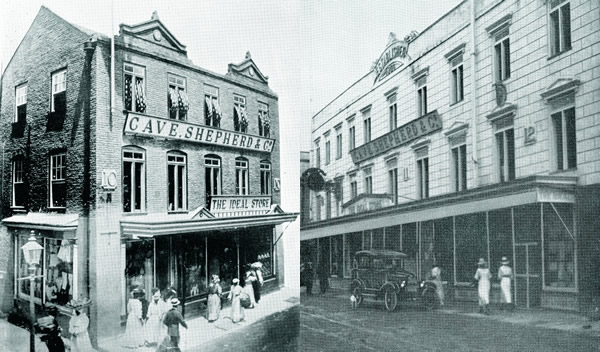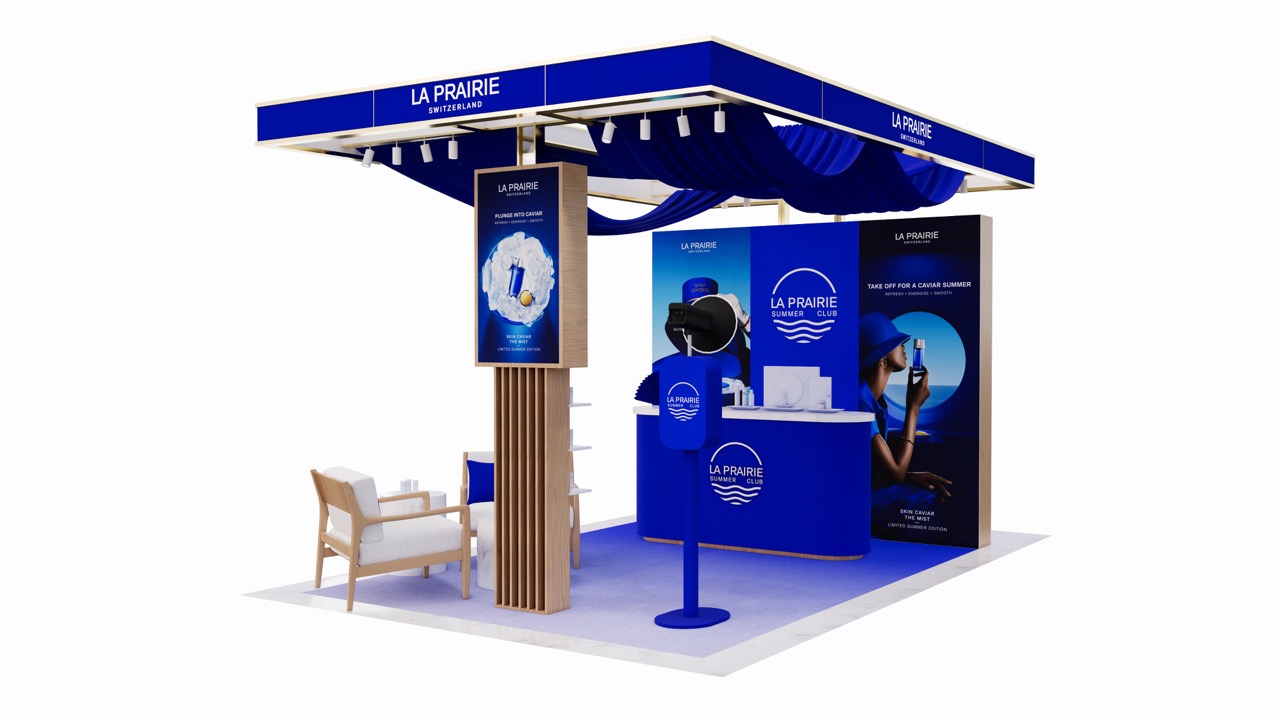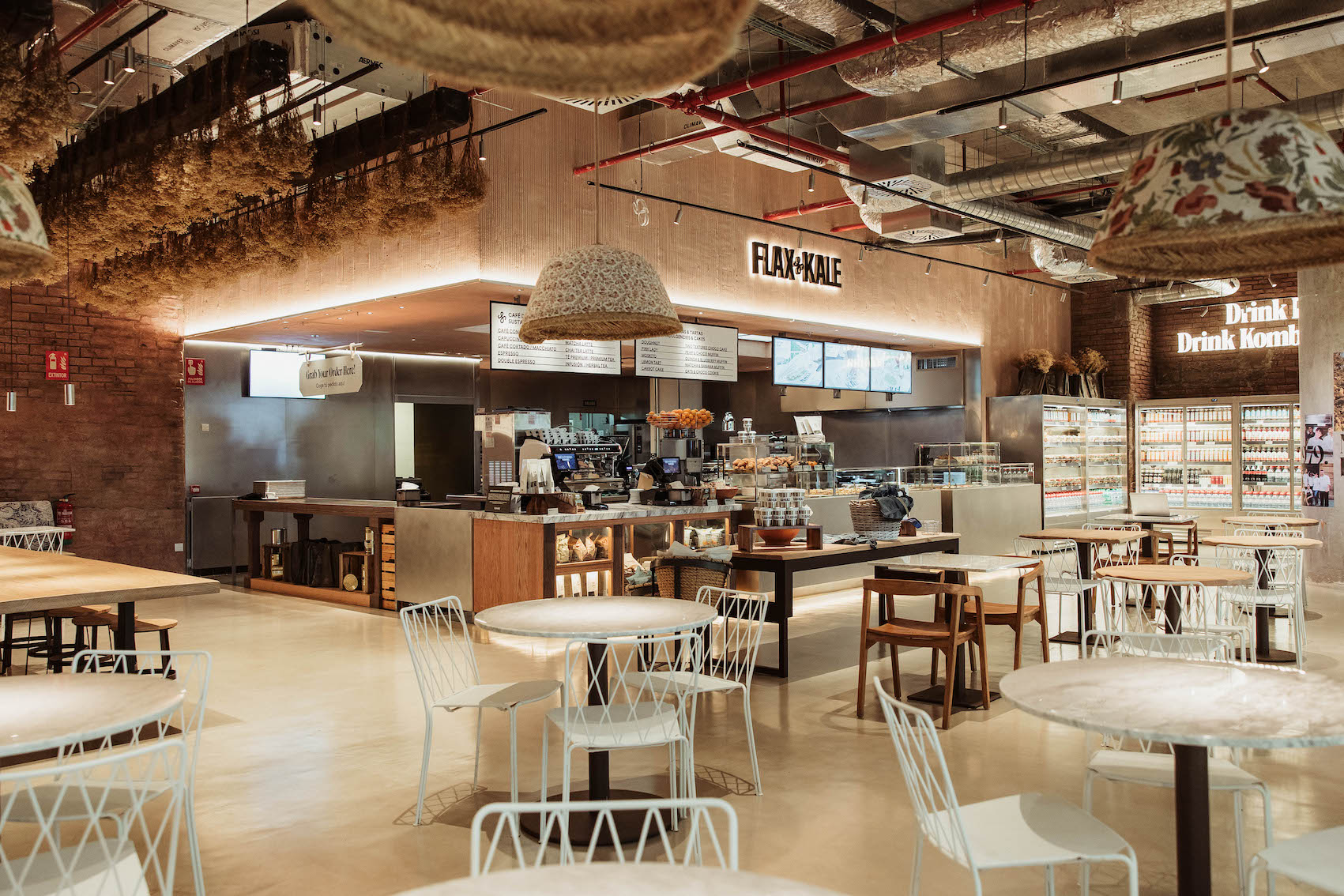
BARBADOS. Cave Shepherd & Co. Limited has decided to not inject any further funds into its Duty Free Caribbean Holdings (DFCH) joint venture with Dufry and to write down its investment.
Cave Shepherd & Co Chairman Sir Geoffrey Cave made the announcement yesterday following a shareholders’ meeting.
“After careful consideration, in light of the immense challenges and uncertainty facing the DFCH business, the Directors of Cave Shepherd & Co. Limited have made the difficult decision not to inject any further funds into DFCH and to fully write down our investment,” Sir Geoffrey wrote.
“This strategic decision will change the current shareholder structure of DFCH and will likely result in a substantially diminished shareholding by Cave Shepherd & Co. Limited, with the possibility that Dufry could take full control of the retail business.”
He continued: “The details of this transaction are still very much under negotiation; however, the immediate priority is a comprehensive restructuring of DFCH’s business operation, led by Dufry, aimed at repositioning DFCH for long-term viability.”
Dufry and Cave Shepherd have been partners since 2000. In that year all Cave Shepherd’s retail assets held across various territories were sold to Duty Free Caribbean (Holdings), a joint venture partnership formed between Cave Shepherd & Co. Limited and Weitnauer (now Dufry) trading primarily as Cave Shepherd, Colombian Emeralds International and Duty Free Caribbean. Since 2006, Dufry has owned 60% of that business and Cave Shepherd had held the remaining 40%.

However, Sir Geoffrey Cave noted that since the global recession in 2008, DFCH’s profitability has steadily declined against a backdrop of “countless” challenges. “Despite implementation of several strategic initiatives aimed at repositioning and improving business performance, DFCH’s accumulated financial losses continue at unsustainable levels,” he said.
“The details of this transaction are still very much under negotiation; however, the immediate priority is a comprehensive restructuring of DFCH’s business operation, led by Dufry, aimed at repositioning DFCH for long-term viability.”
“Coupled with this undesirable performance, DFCH is now faced with the fallout from the COVID-19 pandemic. This business relies on visitors to the Caribbean for 90% of its revenue and when international travel came to a virtual halt in late March, all of its 66 stores across seven countries were forced to close and over 600 team members were laid-off temporarily.
“At the time of writing, only ten stores are open and with travel and tourism expected to be negatively impacted for the foreseeable future, it is anticipated that DFCH’s revenue will be significantly reduced well beyond 2020.”
Sir Geoffrey continued: “The most difficult decisions are those that impact people, and this one in particular, being our legacy business, has been deeply felt on a personal level, as it has been for many who have been involved in this difficult process.
“The restructuring of DFCH will result in job losses and team members have been given the assurance that due process will be followed and that they will be treated with the dignity they deserve and the fairness they have come to expect. For those team members affected, DFCH will be offering both personal and financial counselling and we have extended our ‘Care Programme’ to assist the most vulnerable.”
He said that the accounting adjustments in the Cave Shepherd Group this year will need to be substantial. They will take the form of write-offs, including impairment of goodwill for the retail business, in addition to losses resulting from the pandemic, which collectively are expected to be over US$39 million.
Outside the travel retail sector, the financial services arm of the Cave Shepherd Group continues to perform well, Sir Geoffrey said. “Our Cave Shepherd Card business is well positioned for future growth and is operating steadily, as is SigniaGlobe Financial Group.
“Meanwhile, as global markets show resilience despite the pandemic, we anticipate that the diversification strategy adopted by Fortress Fund Managers will generate increasing returns. We are also pleased that DGM Financial continues to contribute positively to our Group’s overall financial performance. When combined with our healthy liquid and cash reserves, the Group is secure and well positioned to act on opportunities for further growth and expansion in the years ahead.”
About Cave Shepherd & Co

On December 17, 1906 two respected Bridgetown businessmen and inveterate salesmen, Rupert George Cave and Julian Packer Shepherd, opened a wholesale supply store on Palmetto Street. A dry goods store on Broad Street was added early the following year. The founders reckoned they enjoyed a crucial point of difference over their many competitors – an acute knowledge of customer needs and desires.
They were proven right sooner than they expected. The dry goods (retail in modern parlance) store was overrun in the lead-up to its planned Grand Opening on 4 February, prompting the partners to “positively refuse admittance to all and any today” on Saturday 2 February 1907.
“The Manager says the customers will be well rewarded by waiting until Monday when the windows are properly dressed and the shelves arranged in proper order,” noted local newspaper, the Agricultural Reporter. Two days later the same media carried a bold advertising invitation in bold capital letters, “COME TODAY TO THE IDEAL STORE”. For the ensuing 111 years the company has done its best to live up to that moniker.
[dvgallery id=”186646″ vertical=”no”]
From its early days, Cave Shepherd was a shopping magnate not just for locals but for the burgeoning tourist trade. It remained so through good times and bad (including a disastrous fire in December 1969 that gutted the flagship store). In 2000, the tourism focus became more institutionalised as the company formed a joint venture with Swiss travel retail giant Dufry [see panel below]. The result was Duty Free Caribbean (Holdings) Ltd (DFCH), in which Cave Shepherd today owns a 40% stake.













